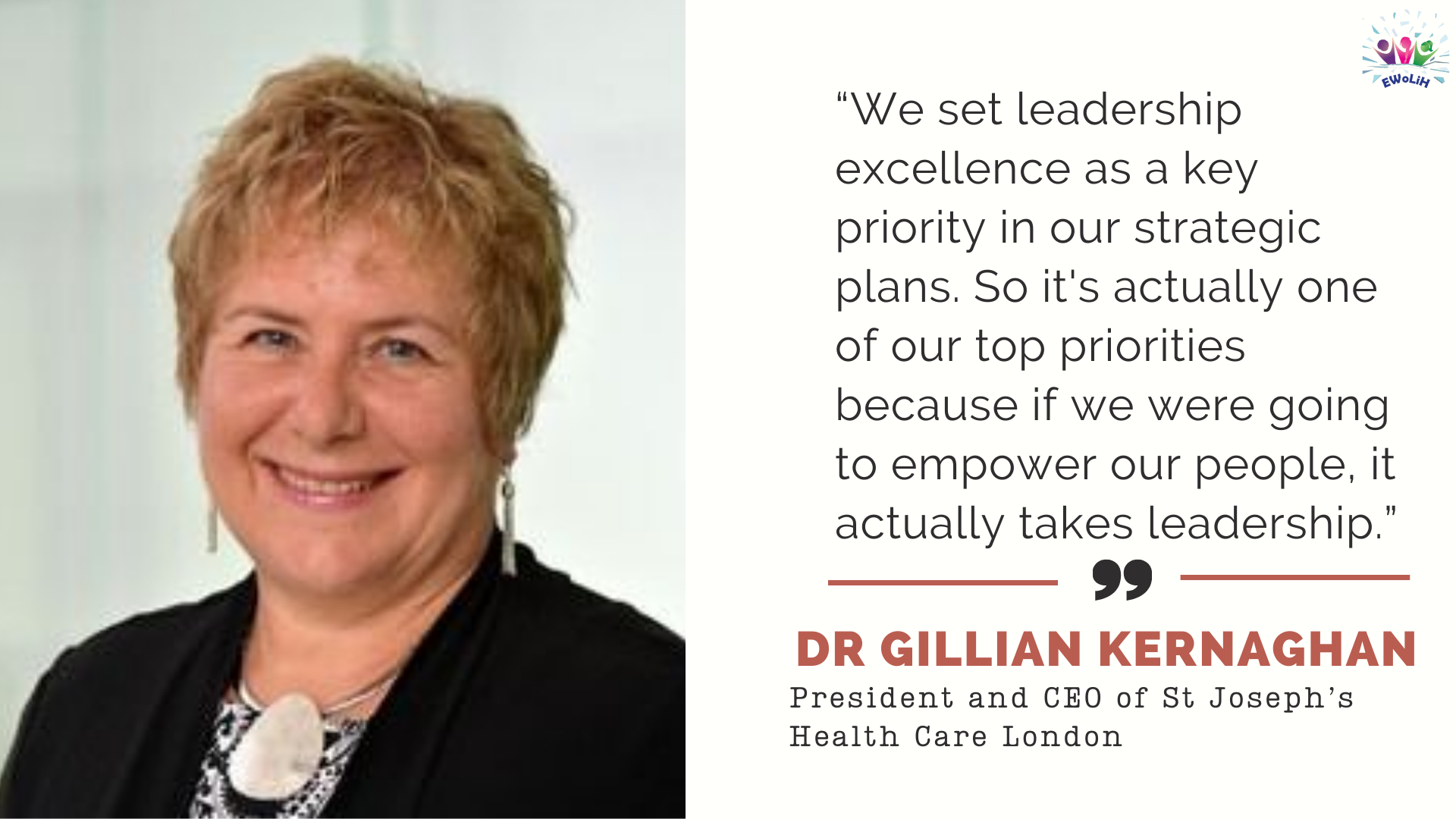
Collaborative Leaders
Purposefully Build Partnerships and Networks to create EDI results
Demonstrate a Commitment to coalitions among diverse groups and perspectives aimed at learning to improve service
Need to make an effort to bring people up
Mobilize Knowledge
Navigate Socio-Political Environments
Need to bring people with different levels of power
Developing EDI-Informed Coalitions
Ivy Lynn Bourgeault, University of Ottawa & Canadian Health Workforce Network
Just as EDI considerations inform leadership capabilities within one’s discipline, group or organization, it also translates to the development of coalitions with others, the fourth D in the LEADS Framework. Collaborative leaders develop coalitions to create EDI awareness and achieve EDI goals within and across disciplines, groups and organizations. Partnerships are purposively built to create these EDI results with notable time and attention paid to create ongoing relationships of trust. This may involve coming to terms with broken trust from past interactions, a key lesson from the Truth and Reconciliation Commission Calls to Action. Collaborative leaders demonstrate a commitment to coalitions with diverse groups and perspectives aimed at learning how to improve service accessibility and cultural safety and acceptability. EDI knowledge within and across organizations is mobilized towards those ends. A purposeful effort to bring people with different voices, experiences, and forms of power to the table and mentoring up, within and across organizations helps to navigate complex socio-political and cultural environments.
Indigenous social exclusion to inclusion: Case studies on Indigenous nursing leadership in four high income countries
This paper highlights the visibility of Indigenous nurses' efforts in advancing strategic approaches for improving health outcomes and resource allocation. Using a Kaupapa Māori case study approach, Indigenous nurse academics from four countries identifies strategies for change, such as Indigenous nationhood, nursing leadership, workforce development, culturally safe practice, and activism.
Factors that influence the implementation of organisational interventions for advancing women in healthcare leadership: A meta-ethnographic study.
The paper focuses on factors that promote gender equity in healthcare and healthscience leadership.
Using vignettes about racism from health practice in Aotearoa to generate anti-racism interventions
This paper examines racism, microaggressions and discrimintaion in New Zealand. It presents anti-racism interventions on micro, meso and macro levels.
Men’s Fear of Mentoring in the #MeToo Era — What’s at Stake for Academic Medicine? $
Women in medicine experience sexual harassment and discrimination, with some men fearing mentorship due to potential false allegations. This deprives women of career opportunities and perpetuates gender inequality. To address this, self-reflection and support are needed to create an inclusive environment and promote women's career advancement in medicine.
Got yourself an all-white panel? Just click on rentaminority.com
The website "Rentaminority.com" satirizes the superficial attitude to diversity by offering to "rent" minorities for events. It drew unexpected attention, emphasizing the need of true diversity initiatives. The paper emphasizes the significance of openly and substantively addressing diversity concerns, moving beyond tokenism.
Men: The Missing Piece Of The Gender Balance Jigsaw $
Joy Burnford's article highlights the significance of incorporating males in the gender balance movement in the workplace. It highlights the need of male allies, role models, and sponsorship in achieving gender balance for the benefit of both enterprises and society.
This CEO Says Men Can Be Allies to Their Female Coworkers by Doing 4 Things
Pete Gombert identified gender pay disparities in his firm, which led to the establishment of GoodWell, a startup that examines workplace inclusion. To reduce toxic masculinity, he recommends men to quantify their influence, implement feedback mechanisms, oppose passivity, and promote openness. Male leaders have the ability to set the tone for change.
New Study: Almost Two-Thirds of Professional Event Speakers Are Male
Bizzabo analyzed event data from thousands of events over the past seven years and discovered that events still have a long way to go when it comes to gender diversity. The report analyzed the gender diversity of more than 60,000 event speakers over a seven-year period, from 2013 to 2019. The study spanned 58 countries across five continents, 45 industries and thousands of the world’s largest professional events.
Well-intentioned Bias
The author provides answers to "We all have biases" from faux DEI experts.
A post where Shailja emphasizes the importance of recognizing and empowering women. It encourages reading, citing, and crediting women's work, teaching and publishing women's contributions, acknowledging and awarding women's achievements, promoting and supporting women in various fields, listening to and believing women's voices, and ensuring equal pay for women.


















